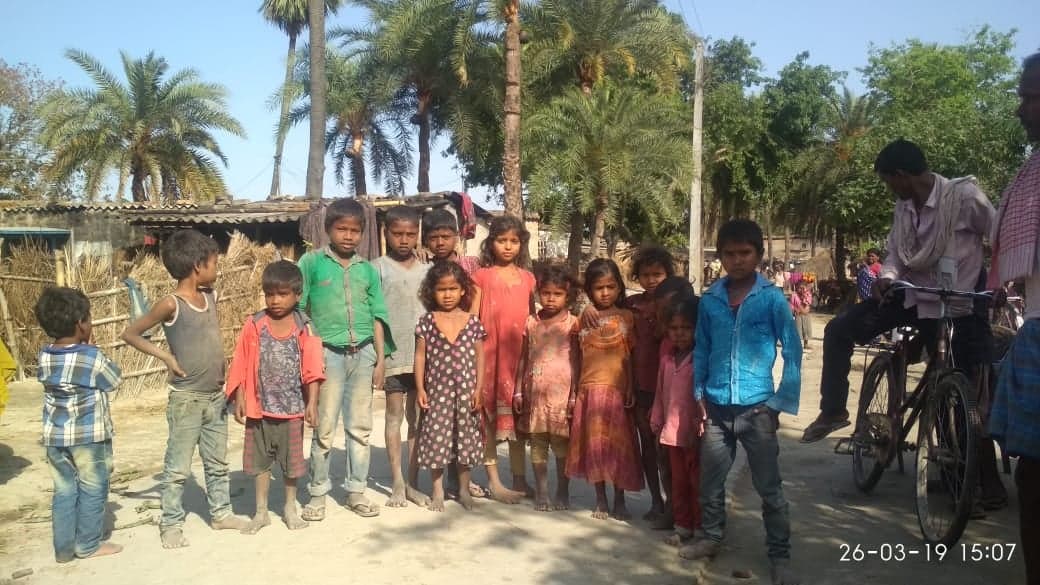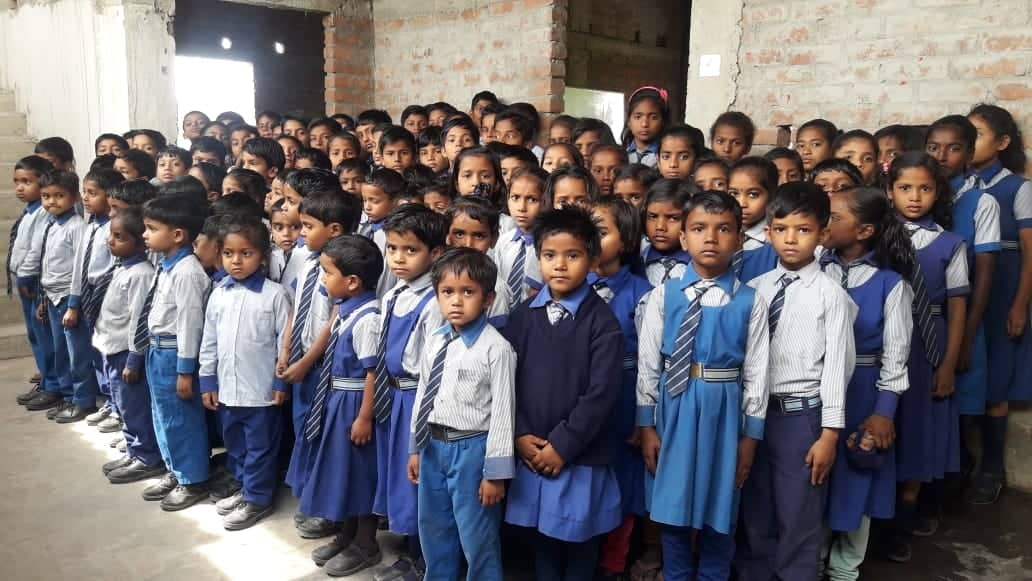By Sangita Bauddh
The word dalit is an Indian Hindi word that represents a unique class of Indian society with few parallels in any other social system. Dalit means “depressed class,” which included scheduled castes, scheduled tribes, and other backwards classes in British India but now includes only scheduled castes and scheduled tribes. Caste is a word that originated in Portugal and represents a class similar to India’s jati system. However, caste is not determined at birth in Portuguese society, whereas caste is fixed from birth to death in Indian culture. Hence, some sociologists do not translate jati into caste in English. Foreign scholars are often confused by the relationship between jati and caste. Jati is a unique class system which is only prevalent in India.
Dalits are people in those Indian communities whose ancestors did not support and accept the feudal system of society and were therefore expelled. They believed in the principles of liberty, equality, and fraternity that had been propagated by Lord Buddha in the land of India long before European influence. The feudal powers of India, a combination of brahminical interests and “high” castes, ousted and excluded this community from the mainstream, drastically cutting off their stake in society. They became acchut (untouchable). Generation after generation was deprived of education, economic opportunity, professional status and power, and other stakes that grant identity and dignity.
In the Indian Constitution, they are finally treated as human beings, although this is an ongoing process. Progress varies according to different regions and conditions. At present, they have limited resources, power, and education. Their participation is lacking in many sections of administration, education, legislation, the judiciary, media, industries, and other important areas. Their social standing as a whole remains weak.
Dalits are fundamentally Buddhists but they are ignorant of their religious heritage. These are the people who don’t accept the culture of the new India and have rigid attitudes to the prevailing Buddhism. For the sake of a conventional life, they opt to sacrifice any claim to power, economic mobility, resources, or other stakes in society. In reality, they have already been deprived of the basics of life. If we want to help them, we have to provide them proper and quality education. Education shapes ignorant people into thinking individuals who can understand and solve human problems. Literacy is key to this.

At present, the Indian education system doesn’t take special care of these historically and culturally excluded people. An education tailored to their cultural background and level of understanding is absolutely crucial. These children need education to nurture and attain self-confidence, a hunger for self-realization and success, financial literacy, and entrepreneurial instincts. They need to learn about their cultural heritage and mental cultivation (such as vipassana meditation classes) in addition to science, mathematics, social science, and languages as prescribed by NCERT and CBSE.
One such example is a Dalit leader, Tathagat Manav Kalyan Sangh, who runs a school called Buddha Global Village Academy at Keshopur in Vaishali, in the state of Bihar. This school is taking special care of excluded, depressed and other backward class children so that they can compete in a globalized India and beyond. A group of intellectuals are guiding and monitoring this school and its children. It serves as a role model of Dalit education, especially this organization has severely limited resources.
A quality and proper education is crucial for children so that they have to the tools to benefit their communities and nurture a more fortunate generation than their own. As far as I can see, the future is bright.
Sangita Bauddh is an alumna of Nagarjuna Institute on the campus of Nagaloka, in Nagpur of Maharashtra State. She is actively involved in the uplifting of Dalit communities, as well as supporting struggling and isolated communities of female Buddhist monastics.

